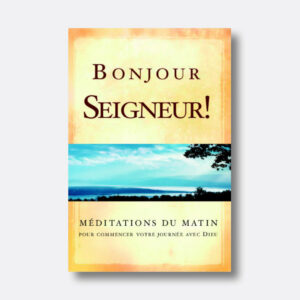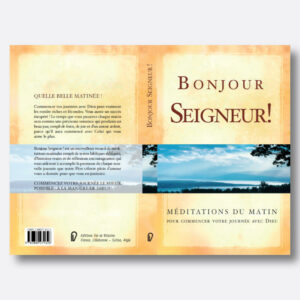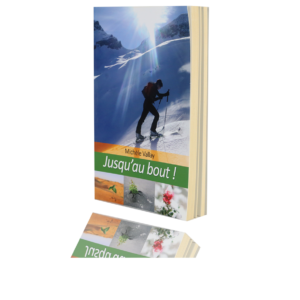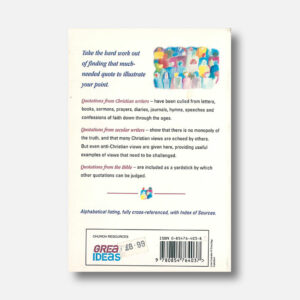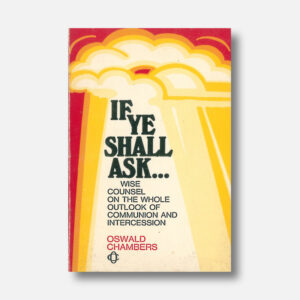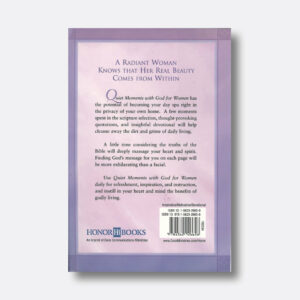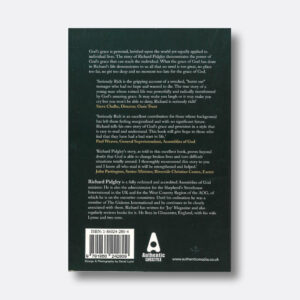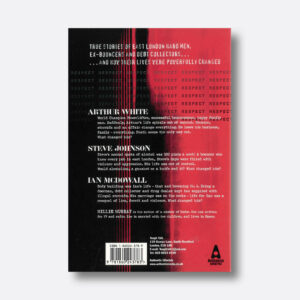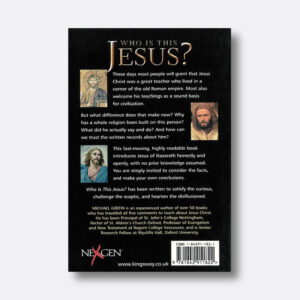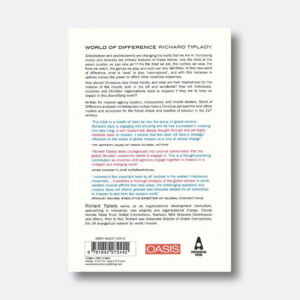Preface (to the First Edition)
Two classes of readers will take up this little book of Bible studies on vital questions relatingto Christian character and conduct and the mystery of suffering. The one class will find in it, as did even Peter in Paul’s epistles, things hard to be understood, and sentences that lull the stolid mind to sleep; the other class will read, mark, learn, and inwardly digest its contents because they challenge mind and conscience, and will do their “utmost for the Highest.”
The author is a lover of men’s souls: he sees into the heart of things, rises above the commonplace, and goes below the surface. “The war,” he says, “has upset every man‟s nest; we are face to face with a terrific upheaval in life; there is no civilised security anywhere on the globe. We have seen that there is no such thing as a Christian nation, we have seen the unutterable futility of the organised Christian Church, and many a man who has had no tension in his life has been suddenly obliged to face things he never intended to look at.”
These very things Oswald Chambers shows us in the light of the Cross. He points out that because Jesus Christ is so like unto His brethren we can face this turmoil and stress, and stand with Him in the shadow of a great agony, undiscouraged and unafraid. There is really only one mystery in the universe; it is the mystery of Redemption.The way we approach this holy ground is nearly always through suffering. Those that carry the cross after Jesus best understand why and how He first carried it, and how the nails pierced not His hands only but His heart.
To the careless and superficial this book will only appeal when they gird up the loins of their minds and are sober. Once they put on the girdle which Paul calls “sincerity” and Peter“humility,” its message will grip, convince, and appeal, as it did when first delivered to the men of all ranks in the Y.M.C.A. camps and huts of Egypt.
Great truths are greatly won,
Not found by chance,
Nor wafted on the breath of summer dream,
But buffeting with adverse winds and tides.
Samuel M. Zwemer
Cairo, 1918





